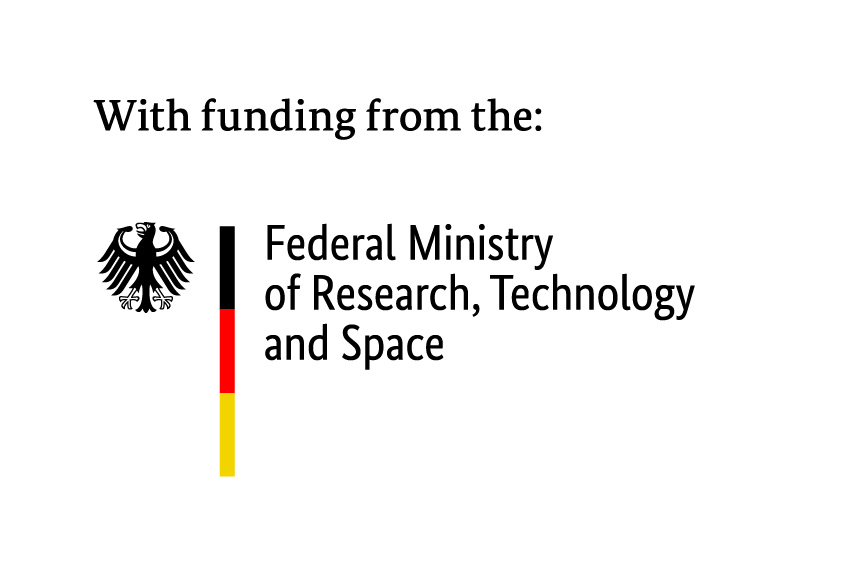The Karlsruher Institute of Technology (KIT) is one of the Excellence Universities in Germany. KIT aims at a leading position in fundamental research and covers the full range from basic science to close-to-industry, applied research. The Wernsdorfer and Hunger groups have long-standing expertise in cryogenics instrumentation, spin manipulation, and solid-state quantum optics.

